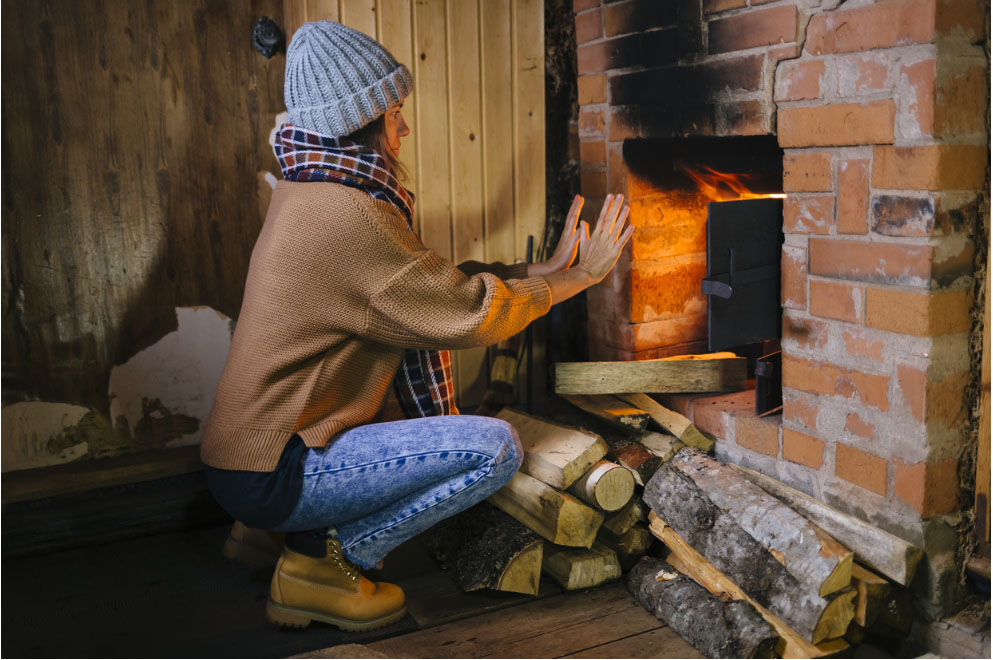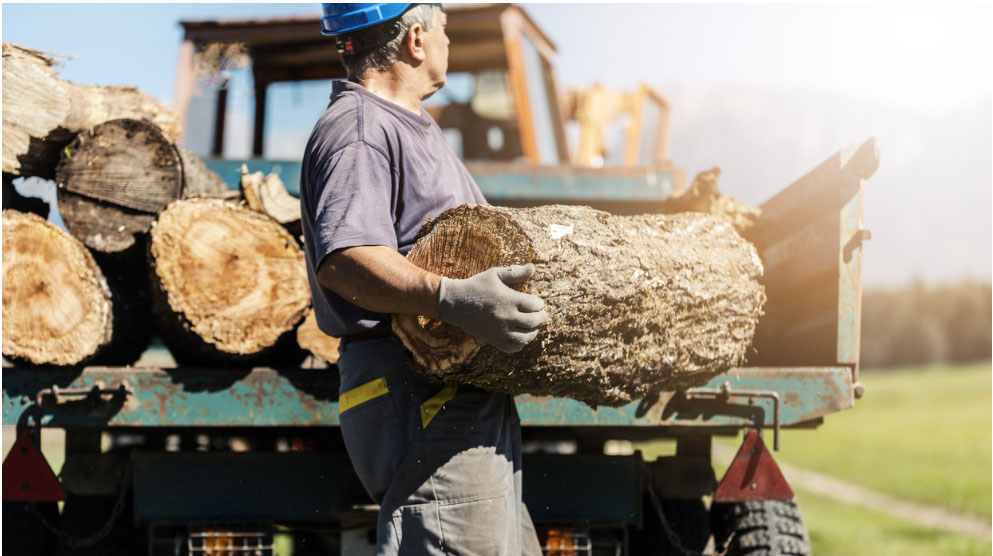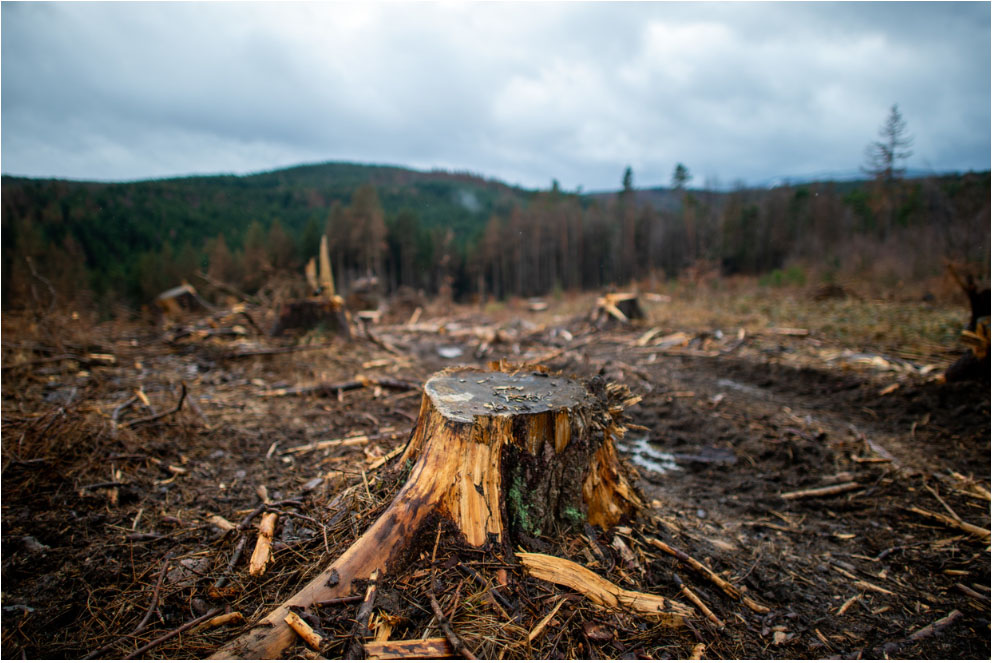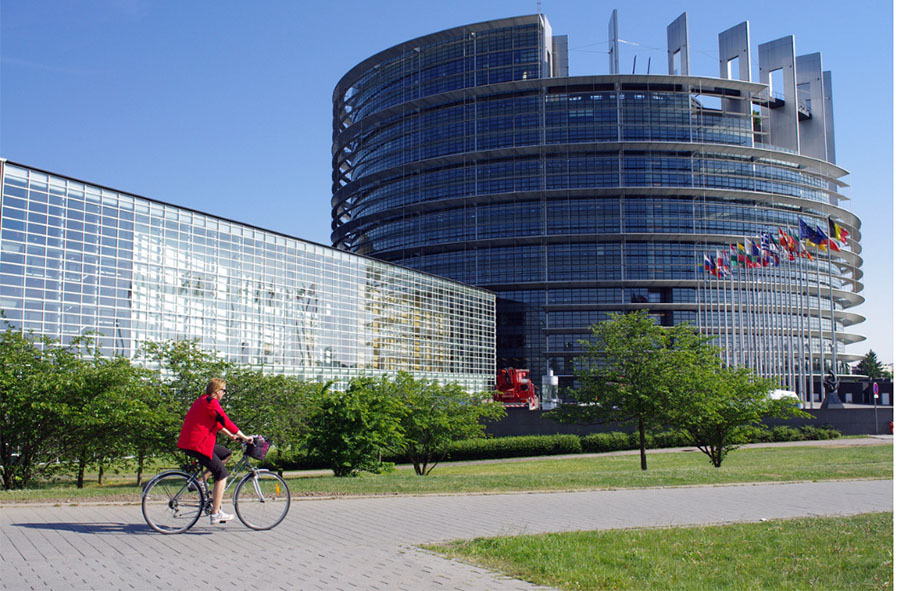INTERNATIONAL: Skyrocketing energy prices have prompted some Europeans to stockpile basic forms of heating and buy stoves to keep warm. Consumers are starting to opt for an alternative (old) form of heating – wood. Cambodian Prime Minister Hun Sen Mention While addressing the World Economic Forum on 25 May, these sanctions would affect the world. Although Cambodia recognizes war as an act of aggression, Cambodia does not support the Western sanctions imposed on Russia, saying that only negotiations can find a solution to this war.
"These sanctions should be discontinued it does not provide any benefits. Even those who impose them lose themselves; even if our country is poor, the country that is imposing sanctions on Russia, what do they get in return? Now I bring up an example, if Russia cuts off gas to Europe immediately, what will Europe use instead of gas? Will they cut down trees to cook? But Russia has not cut the gas supply to Europe. Now, even what was once exported to Russia, or which Russia used to export, all is at a loss. It is like closing a door, so when it closes, we cannot get out, they cannot enter. So, sanctions affect all of us, including those of us who are not involved, it creates problems.” The Prime Minister had said.
With Natural gas prices across Europe have quadrupled this year, and winter around the corner, consumers are starting to opt for an alternative (old) form of heating – wood. Huge demand for combustibles, as well as for wood stoves, has been detected in several Western states.
Fearing a total cut-off of Russian gas over the winter in retaliation for European Union sanctions over its invasion of Ukraine.
While the EU has unveiled plans to accelerate its transition to renewable energy and wean the bloc off Russian gas by 2027, making it more resilient in the long run, supply shortages are forcing it seek a 15% cut in gas consumption this year.
Germany, where almost a half of homes are heated with gas, people are turning to a more guaranteed energy source. Firewood sellers tell local media that they are barely coping with the demand. The country is also witnessing a rise in cases of wood theft.
As of now, citizens of Germany, for example, can benefit from subsidies when turning to wood as a means of heating. The Dutch government, however, has become less friendly to wood burning. This year, the government decided to stop giving subsidies for the use of biomass in city heating schemes and for heating greenhouses.
Netherlands and Belgium wood producers are struggling with demand, while prices are going up – as they are across the region.
Hungary, a country that didn’t support the EU’s decision to phase out Russian fossil fuels and agreed a new gas purchase with Moscow this summer, is making preparations for a tough winter. The country has announced a ban on the export of firewood and relaxed some restrictions on logging.
After the outbreak of the Ukraine conflict, the EU banned wood imports from Russia and Belarus, while exports from Ukraine were disrupted by the hostilities. Meanwhile, analysts note that the gap is being filled by the US. The country’s export volume, which has climbed steadily over the past decade, “is running ahead of last year, when a record of more than 7.4 million metric tons of US wood pellets were sold abroad,” the Wall Street Journal reports, citing the Foreign Agricultural Service. “The average price before insurance and shipping costs has risen to nearly $170 a metric ton, from around $140 last year.”
This year, the European Parliament’s environment committee voted on new rules defining what can be considered “sustainable biomass” under the revised renewable energy directive. So it was decided that primary wood biomass – essentially unprocessed wood – should not be considered a source of renewable energy and shouldn’t be eligible for incentives. From an environmental point of view, burning wood is a questionable measure, to say the least. According to Intergovernmental Panel on Climate Change (IPCC) data, the CO2 content of wood per unit of energy is more comparable to coal, and is much higher than gas.
The impact on the world economy would also be affected by −0.7%. The impact on Russia would be −15.8%, China −0.9%, the EU −0.5%, the US −0.1%, and Japan −0.1%.


























